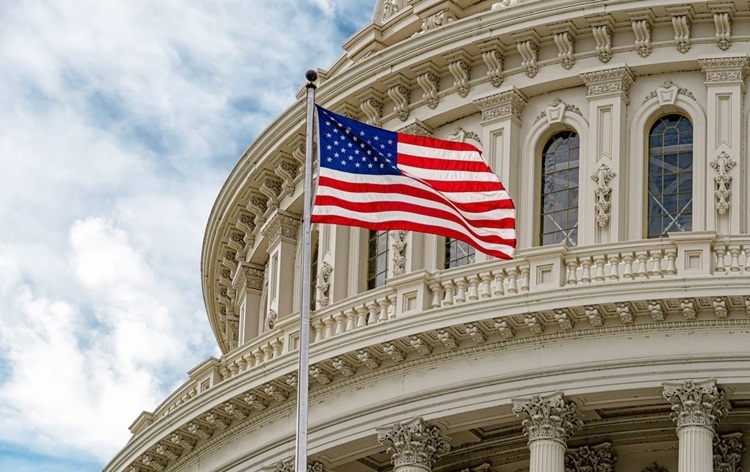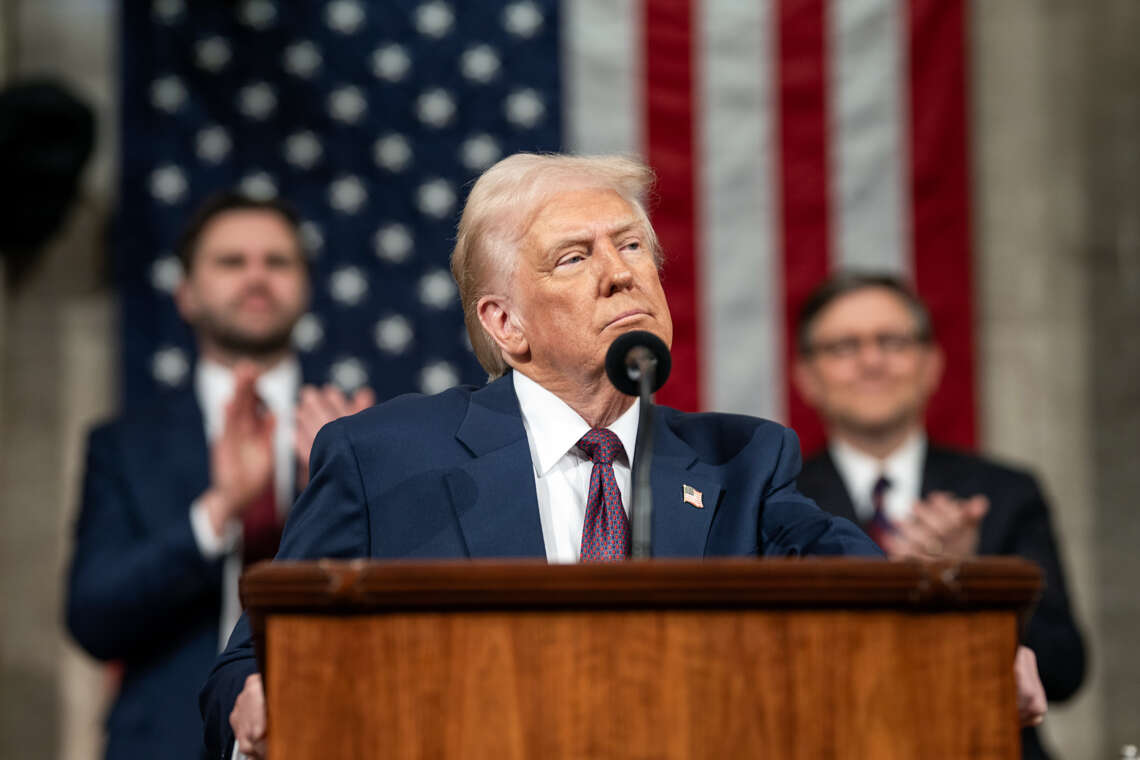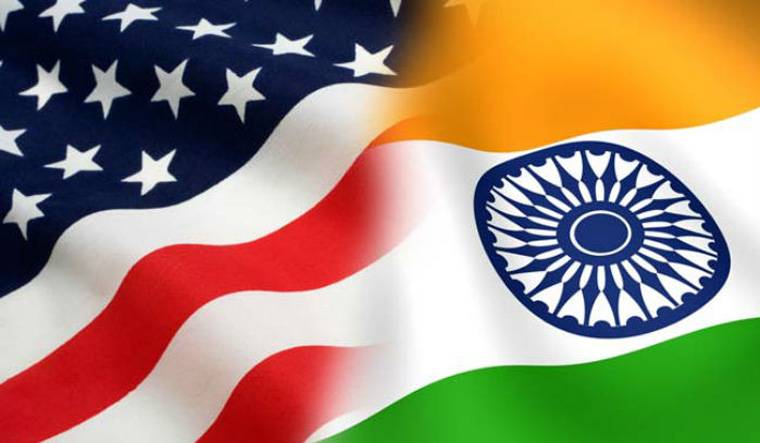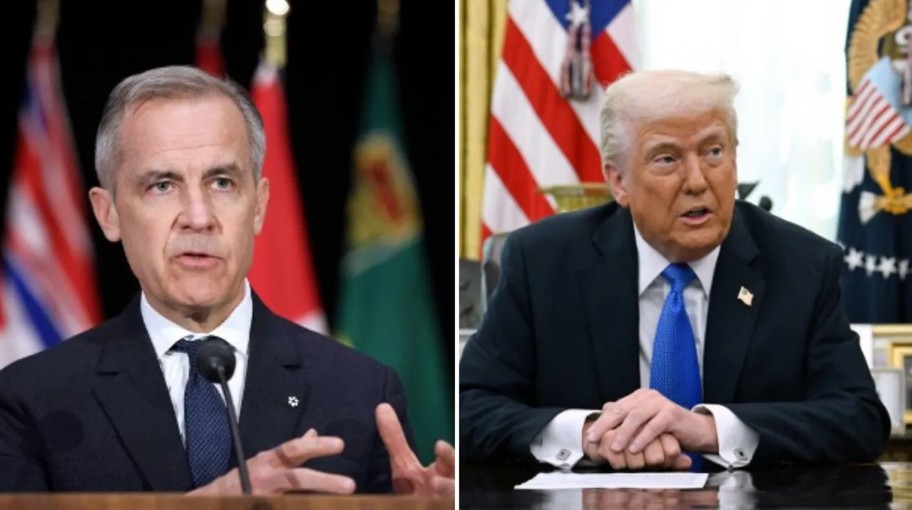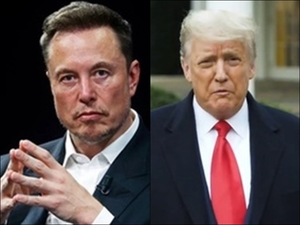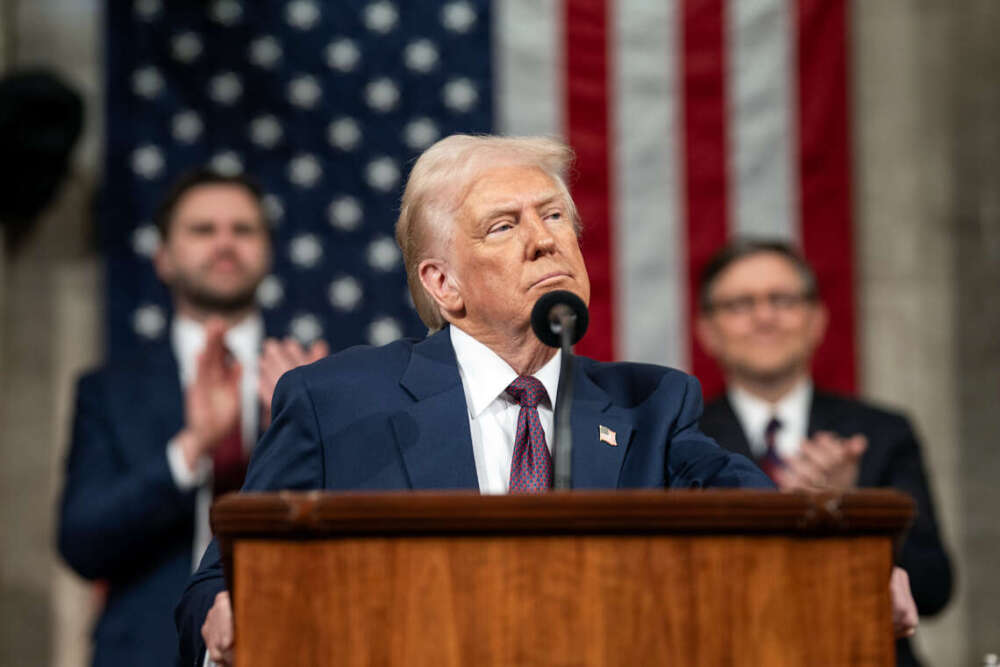The subpoenas are part of an ongoing congressional investigation into whether these companies are still operating in the US in ways that may endanger national security
The House Select Committee on China has issued subpoenas to three major Chinese state-owned telecom companies–China Mobile, China Telecom, and China Unicom–after they failed to respond to a bipartisan request for information sent on March 4.
According to the House Select Committee on China, the subpoenas, requiring a response by May 7, 2025, are part of an ongoing congressional investigation into whether these companies are still operating in the United States in ways that may endanger national security and compromise Americans’ data privacy.
Although the Federal Communications Commission (FCC) has already banned all three firms from offering licensed telecom services in the US, there are growing concerns, based on public and intelligence reports, that they may still be operating through equipment, software, or cloud services within the country. These activities could potentially pose serious threats to US national security, as cited by the House Committee on China.
Committee Chairman John Moolenaar emphasised the risk, stating,” These companies were blocked from US networks because of their direct ties to the Chinese Communist Party. The American people deserve to know if Beijing is quietly using state-owned firms to infiltrate our critical infrastructure.

The CCP’s refusal to play by the rules–and these companies’ refusal to provide basic transparency–is unacceptable. Congress will not stand idly by while the Chinese government exploits loopholes to threaten our national security.”
Ranking Member Raja Krishnamoorthi echoed the concern, adding, “China Mobile, China Telecom, and China Unicom don’t just threaten US national security–they’ve also blatantly defied a lawful congressional investigation. With these bipartisan subpoenas, they now face a clear choice: comply with the law or face the consequences. As the Chinese Communist Party wages aggressive cyberattacks and undermines Americans’ privacy, we will accept nothing less than full compliance. Chinese state-owned entities are not above the law.”
The Committee is currently probing whether the companies are running network Points of Presence (PoPs), data centres, or cloud operations in the US, and what potential dangers these may pose. The move reflects a growing bipartisan consensus in Congress about the risks associated with foreign state-controlled enterprises, especially those linked to intelligence services.
Meanwhile, Xi Jinping has announced a plan to counter China’s continuing economic problems and the impact of the US trade war, as reports swirl that it could drop tariffs on some US products, including semiconductors.
Friday’s meeting of the politburo was convened to discuss China’s economy, which since the pandemic has faced difficulties fuelled by a housing sector crisis, youth unemployment and Donald Trump’s tariffs on all Chinese imports to the US.
A readout of the meeting published by the official state media outlet Xinhua said China’s economy had showed a “positive trend” with increasing social confidence in 2025, but “the impact of external shocks has increased”.
“We must strengthen bottom-line thinking, fully prepare emergency plans and do a solid job in economic work,” it said.
The US president has again insisted that Xi has called him to discuss the border taxes, despite Beijing denying any contact between the two countries over their bitter trade dispute.
In an interview conducted on Tuesday with Time magazine and published on Friday, Trump repeated the claim but did not say when the call took place or specify what was discussed. “He’s called,” Trump said of Xi. “And I don’t think that’s a sign of weakness on his behalf.”
On Thursday, a spokesperson for China’s foreign affairs ministry, Guo Jiakun, said of the reports of talks: “None of that is true.” Friday’s politburo readout proposed a series of interventions to bolster the domestic economy and protect people and businesses from the impact of Trump’s tariffs, including increasing unemployment insurance payouts. It promised to increase low and middle incomes, develop the service industry and boost consumption.
“We should take multiple measures to help enterprises in difficulties,” it said. “We should strengthen financing support. We should accelerate the integration of domestic and foreign trade.” It stressed the need for more proactive macroeconomic policies, faster development of a new real estate model and increased housing stock, and “stepping up” city renewal programmes and urban renovation.
Wen-ti Sung, a non-resident fellow at the Atlantic Council’s Global China Hub, said the politburo’s decisions showed Beijing “clearly views the international macroeconomic environment as hostile” and was willing to take on high domestic inflation to weather the tariffs.
“[This] hints that China will be digging into the trenches and is preparing for a long trade fight with Trump,” he said. Sung said Beijing was “doubling down on boosting domestic demand” and bolstering fiscal stimulus as the international market showed no signs of significant improvement.
The meeting was held amid reports that Chinese authorities were considering a list of US products to exempt from the 125% tariffs imposed on all US imports. Earlier reports from Bloomberg and Reuters said medical equipment, semiconductors and some industrial chemicals such as ethane were being considered.
On Thursday, a Shenzhen-based supplier posted online that it had been notified by the customs agency that eight semiconductor products would no longer attract the 125% duty. On Friday, the head of the American Chamber of Commerce in China, Michael Hart, said the Chinese authorities had been asking members what products they imported from the US that they could not find anywhere else. He welcomed the early signs that both sides were reviewing tariffs and starting to produce lists of excluded items. Stock markets across the Asia Pacific region rose after the reports.


